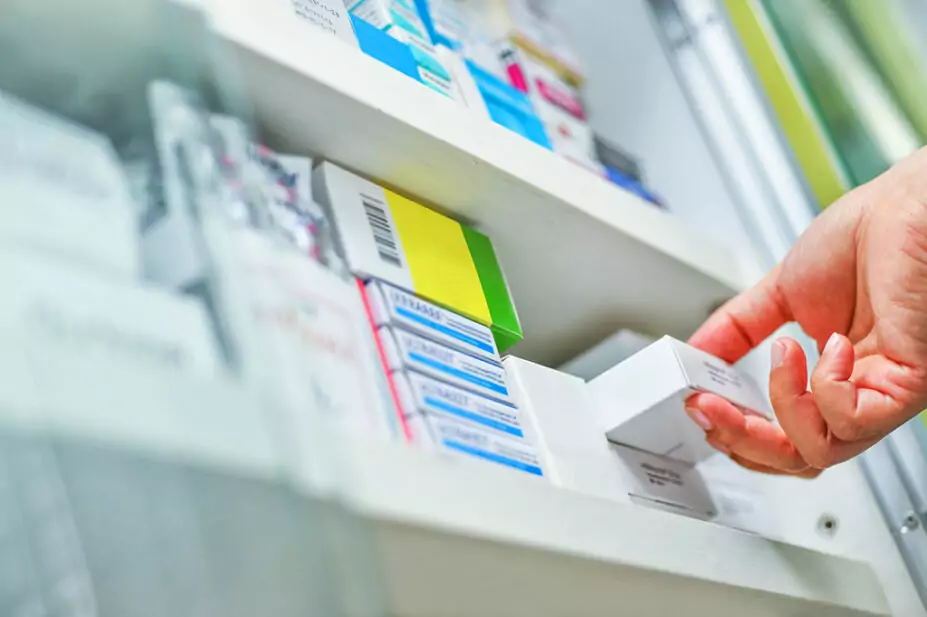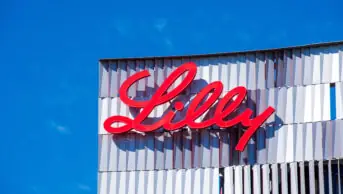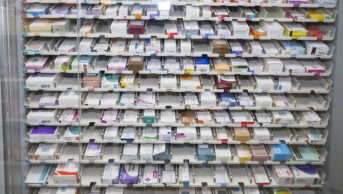
Shutterstock.com
The UK government has proposed restructuring its statutory scheme for branded medicine pricing by levying different rates on older and newer medicines.
Under the current scheme, manufacturers are required to pay the government a proportion of their net income from sales of branded medicines to the NHS in an effort to limit growth of the health service’s medicines bill.
In its proposals for a restructured scheme, published in a consultation on 19 July 2023, the Department of Health and Social Care (DHSC) said it is considering the introduction of a lifecycle adjustment (LCA) mechanism that would apply to older medicines only.
Products subject to the LCA mechanism would be liable for a higher ‘supplementary’ payment percentage if operating in a market with lower competition, and a flat, lower LCA payment percentage if operating in a more competitive market.
The consultation says that the intention is that the extra revenues generated from older products in less competitive markets would allow for a reduction in the payment percentage paid by newer products.
“If achieved this would be a pro-innovation and pro-competition measure, rewarding suppliers of both innovative and competitive medicines in the UK,” the government consultation said.
The government has proposed defining an ‘older’ product “as any product where the active substance has been marketed in the UK for at least 12 years”.
If the new LCA approach is taken, figures published in the consultation document say that, for newer products, where the active substance has been marketed in the UK for less than 12 years, the levy would be set at 9.7% in 2024, 11.1% in 2025, and 15.4% in 2026.
For older products where there is low competition, the charge would be set at 36.0% in 2024, 38.0% in 2025, and 40.0% in 2026.
Older products “with competition” would be levied at 10.0% across all three years.
If the LCA approach is not introduced, the levy charged would be 21.7% in 2024, 23.7% in 2025, and 26.6% in 2026 for all products.
The current payment is 27.5% for all products, which was introduced in April 2023.
The DHSC has proposed two other changes to the scheme: increasing the allowed growth rate of the branded medicine bill for the NHS from 1.1% to 2.0%; and exemption from scheme payments for sales of medicines containing a new active substance for 36 months from the date of their first marketing authorisation.
The proposed changes to the statutory scheme come as the government is in discussions with the pharmaceutical industry over the future of the ‘Voluntary pricing and access scheme’ (VPAS), which is due to end on 31 December 2023.
The VPAS was agreed in 2019 and, in December 2022, the UK government announced that tax rates under the scheme would increase by 11 percentage points, from 15% in 2022 to 26.5% in 2023, prompting two major drugs manufacturers, AbbVie and Eli Lilly, to leave the scheme.
Responding to the government’s consultation, the Association of the British Pharmaceutical Industry (ABPI) described its proposals as “a move that will further damage UK life sciences investment”.
It also warned that the proposals could “potentially undermine” ongoing discussions on the VPAS scheme.
In a statement, Richard Torbett, chief executive of the ABPI, said: “These proposals will set back any ambition to make the UK the best place in the world to research, launch and supply medicines.
“Government data show that when clawback rates rise, inward investment falls, along with the economic growth and jobs such vital investment delivers.
“Ultimately, if we want a vibrant UK life sciences industry, we need all parts of the medicines market to be sustainable. No part of the market should be crushed under the weight of a punitive tax on revenue.”


